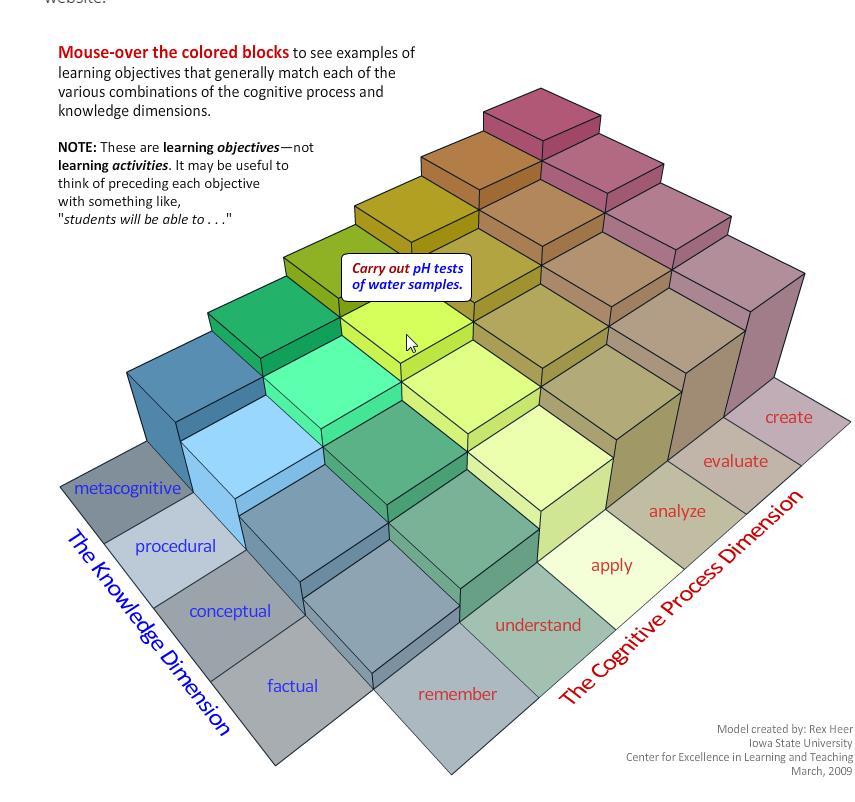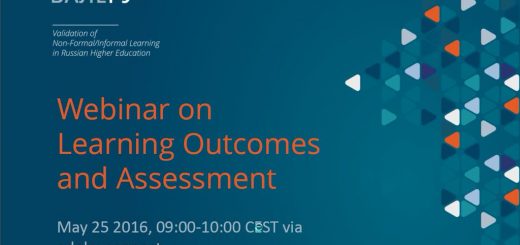The Higher Education Association Report “Trends 2018: Learning and teaching in the European Higher Education Area” was published. It gathers data from more than 300 higher education institutions in 48 European countries. Here my “Best of”-Collection of study results, which I found most interesting on a first glance reading through the report:
Validation/Recognition

Danube University Krems provides validation procedures based on professional experiences in the past. An alternative way how to gain access to higher education.
I tried to find the definition of recognition in the report, but no luck with that. The authors do not use the term “validation”, only “recognition” and distinguish between recognition of prior learning and recognition of credits or qualifications. Anyways, a main outcome of the study regarding recognition is:
“Most often, lifelong learners are offered recognition of prior learning (59%), especially in France and Ireland where 100% of respondents said to do so, and flexible study programmes or learning paths (58%).”
This is not a surprise – especially France and Ireland are really well developed regarding recognition procedures. Check out
my blogpost about the French way of validation as well as an example of validation in the UK. Already in the
VALERU project we learned from our French project partners in Brest. In Austria though, there is still some way to go until validation procedures become a more common practice. On November 20th I will moderate a
workshop about validation in Krems (with a focus on refugees/migrants, but in the end validations is for everyone!) – feel free to join!
Use of learning outcomes
Learning outcomes in education can have quite an impact – positively and negatively – you can read more about it in my blogpost “Learning Outcomes: Chance of Threat for Education?”. It all depends on the underlying philosophy and implementation of the learning outcomes approach: Is there a behavioristic or a constructivistic approach? This is what the study says about the implementation of learning outcomes:
“Three quarters of the institutions participating in Trends 2018 confirmed the use of learning outcomes across the institution and for all study programmes. At least half of the institutions confirmed that learning outcomes have improved recognition (including for prior learning), led to revisions of course content and assessment, improved collaboration among teachers, contributed to methodological change, and raised awareness towards learning objectives among students.”
Quite positive results regarding learning outcomes. Still it seems like there is little awarenes and standards used when writing learning outcomes. If you want to learn more about how to write learning outcomes, check out my blogpost
“How to write learning outcomes – Rules of thumb”. Among other aspects, writing learning outcomes in a transparent is very beneficial for…
- instructional design,
- ensuring the quality of educational programs and
- recognition procedures, making it possible to recognize prior learning – may it be formal, informal or non-formal.
Continuing education & online learning

Graduation-Time in July 2017 🙂 My own learning pathway was/isn’t a straight line. It is part of my personality, closely connected to who I am and what I like.
A “YAY!” to online learning! As it seems online degrees are getting more and more popular. It is ideal to combine work, life & learning. This is what the reports says:
“More than a third of the respondents (39%) offer continuing professional development short course that can be accumulated into a degree, especially in Switzerland (88%) and Ireland (86%), and open online learning courses/MOOCS (38%). In addition, more than a quarter of the respondents (27%) provide online degree programmes, mostly in the UK (80%) and Sweden (63%).”
It is getting more and more important to consider online learning and to recognize it at university. There are loads of online learning programs out there in the word-wide-web, but main issue still is: Learners need to be able to shape their own learning pathway. They need to know where to find orientation (eg through
learning outcomes and qualification frameworks).
It’s about being an autonomous learner and this is something, which should and can be fostered already from primary school on. In the
project ATS2020 supported various 21st century skills in k12-schools – among these skills were autonomous learning and digital literacy. The earlier to start, the better. Students need to understand: They are responsible for their learning and they need to learn how to take over this responsibility step by step.
The Report
The report is very interesting and surely worth to read it a bit more in detail. Check out the
EUA-Report yourself – which study results do you think are most interesting? 🙂
Related




